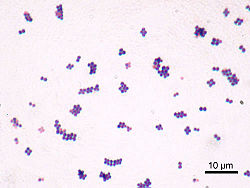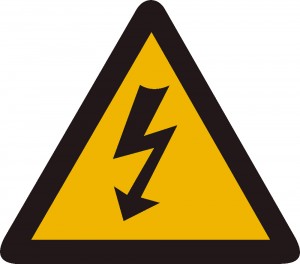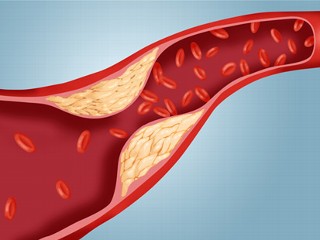 Staph infections are caused by staphylococcus bacteria, a type of germ commonly found on the skin or in the nose of even healthy individuals. Most of the time, these bacteria cause no problems or result in relatively minor skin infections.
Staph infections are caused by staphylococcus bacteria, a type of germ commonly found on the skin or in the nose of even healthy individuals. Most of the time, these bacteria cause no problems or result in relatively minor skin infections.
But staph infections can turn deadly if the bacteria invade deeper into your body, entering your bloodstream, joints, bones, lungs or heart.
In the past, a lethal staph infection might have occurred in a person who was hospitalized or had a chronic illness or weakened immune system. Now, a growing number of otherwise healthy people are developing life-threatening staph infections. And many staph infections no longer respond to common antibiotics.









